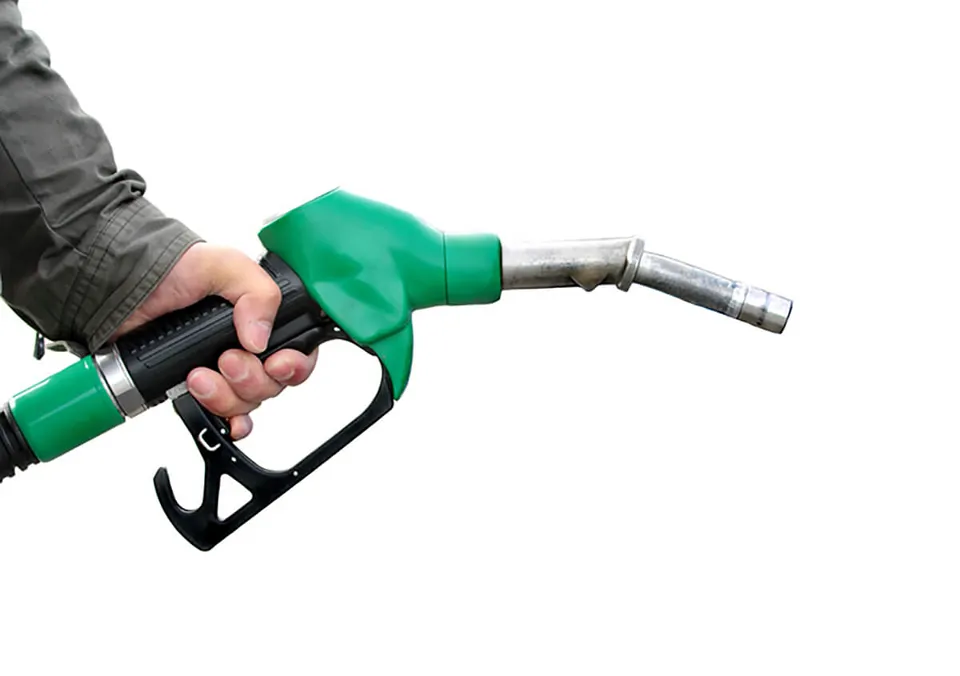The UK has the highest petrol pump prices of any major world economy, hitting businesses hard as they struggle to pull out of recession, according to a new study by UHY Hacker Young, the national accountancy group.
UHY Hacker Young explains that the UK levies taxes of 59% on diesel, which is the highest in any major economy, and 60% on petrol – the third highest. This is considerably more than other major developed economies such as the United States, Canada and Australia.
This means that the cost of filling the tank of a Ford Transit van with diesel in the UK amounts to $184 (£108.00), while the cost of a tank of petrol is $180 (£110.40).
UHY Hacker Young says that as diesel is used in the majority of commercial vehicles, this heavy burden is borne primarily by businesses.
In comparison, both of the world’s largest economies, the United States and China, have extremely low fuel taxes. The United States levies just 13% on petrol and 12% on diesel, whereas China levies no taxes at all on these fuels.
UHY Hacker Young says that while governments which levy higher petrol taxes say they are important in cutting greenhouse gas emissions, the transport lobby and SMEs argue that they add costs for all businesses.
Roy Maugham, Tax Partner at UHY Hacker Young, says: “Taxes on fuel are an area in which the UK is placing a bigger burden on businesses than in many other countries, which could act as a brake on the speed of recovery from the recession.”
“Naturally, the UK wants to sustain its record on reducing carbon emissions, but fuel taxes are not the only way to achieve that – measures like more attractive capital allowances for energy efficient technologies are a positive way to incentivise businesses to reduce their carbon output.”
“While the British Government’s cuts to corporation tax are certainly popular with businesses, the 60% tax on petrol is still a considerable burden for them to carry, particularly as reclaiming the VAT element can be complex, especially for smaller businesses.”
“Scrapping the fuel tax escalator and pledging to keep a lid on fuel duty increases in the last few years may have saved businesses from even higher costs but we still have some of the most expensive pump prices in the world.”
Maugham adds: “The United States is already quite a distance ahead of the UK in its economic recovery, and its lower levels of taxation in areas like fuel may well be helping to stimulate growth.”
“The government’s recent study on the benefits of keeping fuel duty in check is a very encouraging suggestion that it intends to cut tax in the future, but businesses are eager to hear when that ambition will be turned into action.”
“Reduced taxes on diesel would be particularly advantageous for fast-growing small and medium businesses that run fleets of commercial vehicles, especially in sectors like distribution and retail. These businesses can be key drivers of economic recovery.”

















Noel Lock - 07/05/2014 11:43
If we reduce tax on diesel we will have to spend more money on the NHS because diesel pollution kills people. David Bizley, technical director at the RAC is quoted in The Times saying “The health hazards of small diesel particles are terrifying.” Of course we could debate Mr Bizley’s qualifications to make such a comment or indeed how strong a word “terrifying” is. Electric cars and vans are not for everyone but there are plenty of other cleaner alternatives to diesel. If Government does not reflect this in fuel duty and other policy areas then it becomes complicit in these deaths. It is sobering to think that despite all the technology and back-slapping more people die from road-based pollution in the UK today than ten years ago.